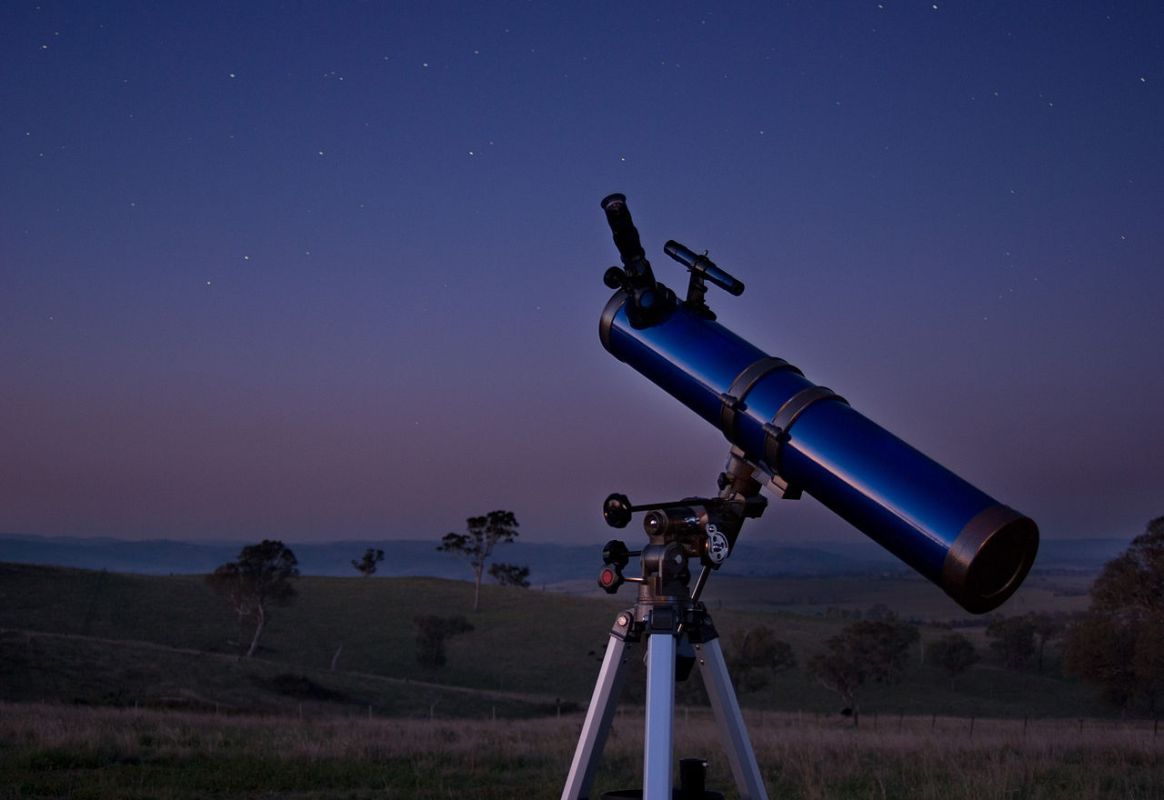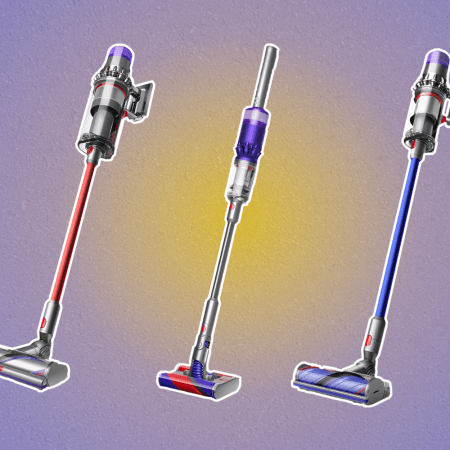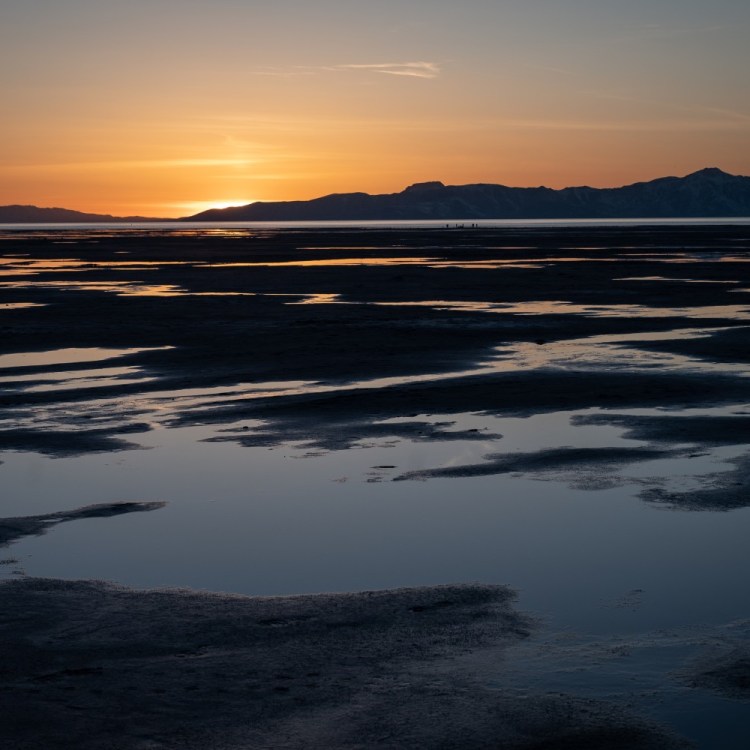We live in an era when corporations have embraced the idea of massive satellite networks. SpaceX has an ambitious plan to launch thousands into orbit, which is now underway, and they’re not the only company with a vast orbital network in mind. At the end of July, the FCC gave Amazon the go-ahead for their ambitious Project Kuiper. Amazon’s own description of the project refers to it as “a low Earth orbit (LEO) satellite constellation capable of providing reliable, affordable broadband service to unserved and underserved communities around the world.” But could there be a downside to having 3,236 new satellites in orbit?
A new article at The New York Times suggests that there might. The story, by Becky Ferreira, explores one of the hazards of large satellite networks being placed in low Earth orbit: they can interfere with the work of astronomers, both amateur and professional.
Starlink satellites are notorious for “photobombing” astronomical images with bright streaks, damaging the quality and reducing the volume of data that scientists collect for research. While SpaceX plans to mitigate the effects of its launches on astronomical observations, scientists and hobbyists in the community worry about the lack of regulation of constellations as more entrants such as Project Kuiper join the action.
As the astronomers Ferreira spoke with point out, there are no set industry standards at this point to govern how satellites interact with scientific data. On the plus side, though, both SpaceX and Amazon have expressed a desire to work with astronomers and take steps to mitigate the extent to which their satellites interfere with astronomical research. There’s certainly room for both to co-exist, but steps need to be taken now to make sure that they do.
Subscribe here for our free daily newsletter.
Thanks for reading InsideHook. Sign up for our daily newsletter and be in the know.


















